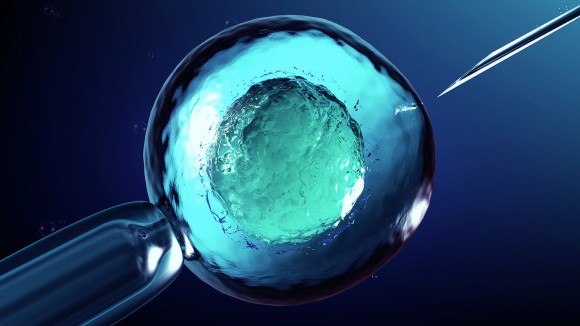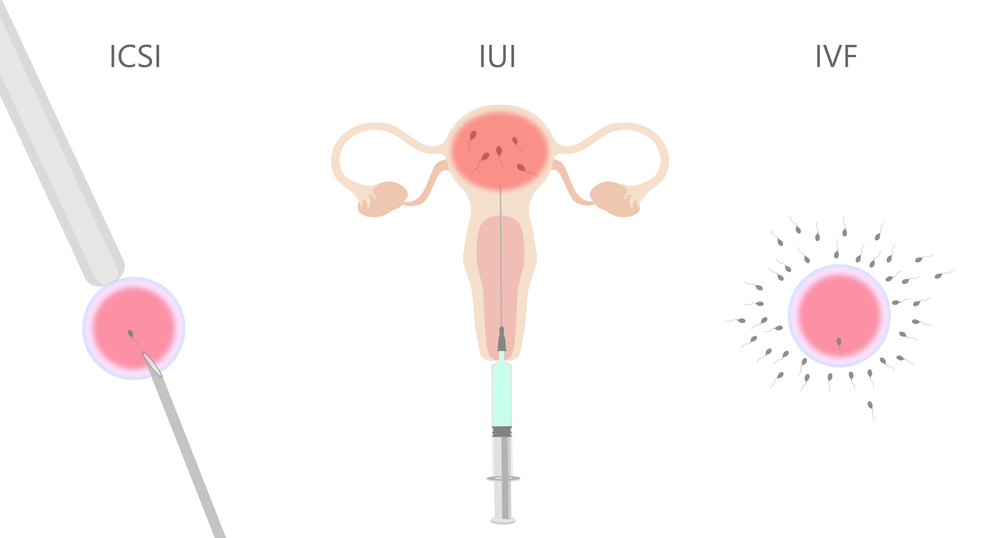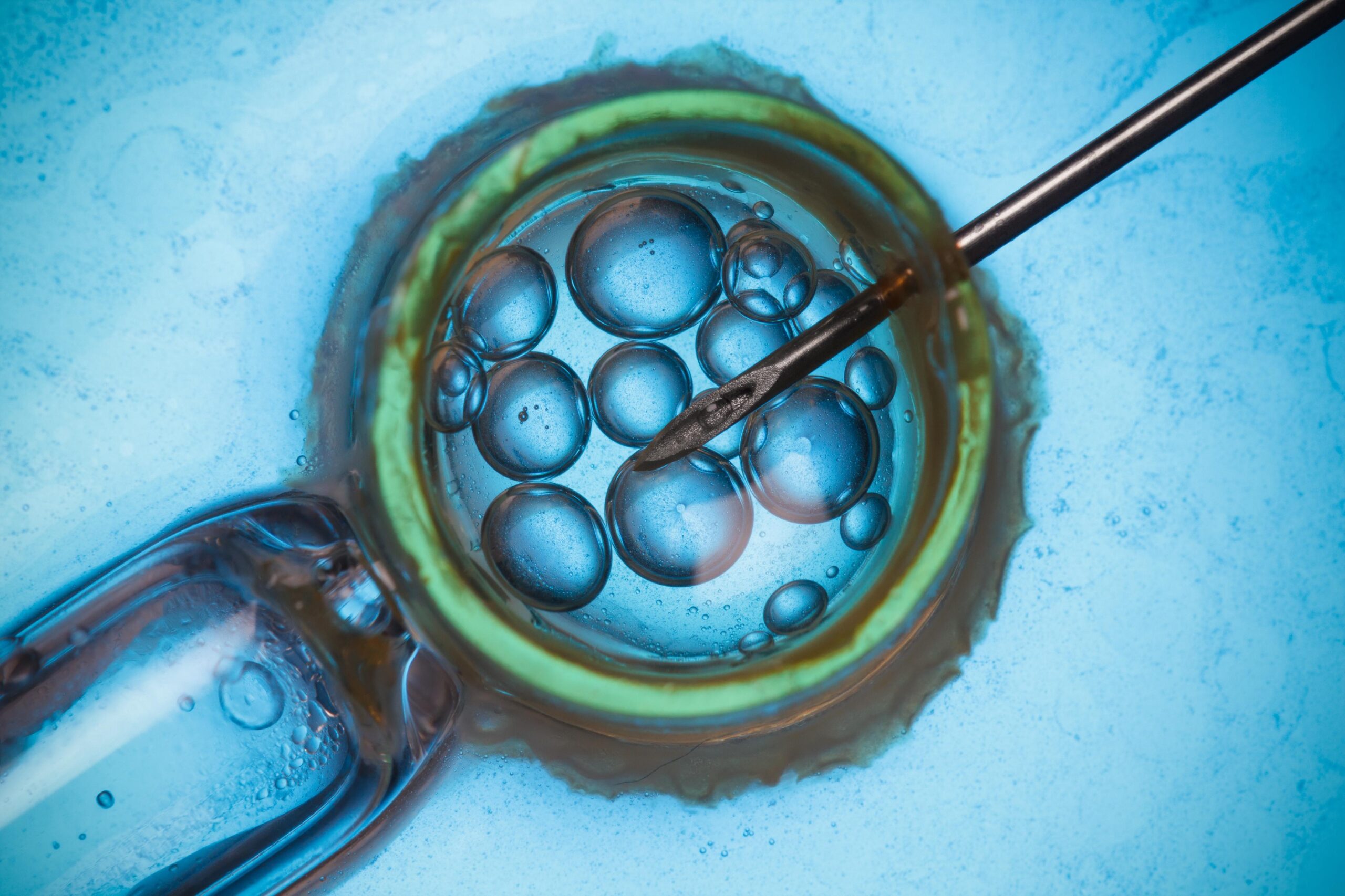Your child is, without a doubt, one of life’s greatest blessings. Giving birth is an amazing phenomenon, and no technology has ever created life on its own. However, for those who are unable to conceive, technology is available to help facilitate this natural process and assist those groups of people who require assistance. Many couples who are trying to have a baby will benefit from this new assisted reproductive technology. IVF, or assisted reproductive technology, has been used since the 1970s, when the first baby was born using in vitro fertilisation. Scientists Patrick Steptoe and Robert Edwards pioneered Assisted Reproductive Technology.

So, what exactly is assisted reproductive technology (ART)? Assisted Reproductive Technology (ART) is modern science’s solution to both male and female infertility. What benefits do assisted reproductive technologies provide to humans? Over 5 million babies have been born using assisted reproductive technology worldwide since its inception. This is because couples are starting families later in life than in the past. When women delay family planning, the quality and quantity of eggs decrease, and sperm parameters are also affected. Couples experience infertility as a result of this.Young couples are also having difficulty conceiving, which may be due to a change in lifestyle, a lack of proper nutrition, stress, or rising pollution. According to the most recent WHO data, approximately 48 million couples worldwide are infertile. To address this global health issue, modern science has developed assisted reproductive technology. There are various types of assisted reproductive technology, each with its own set of advantages and disadvantages. What kinds of assisted reproductive technologies are there? Let’s learn more about each of these artificial reproduction technologies and techniques:

1. In Vitro Fertilization
This is the most popular type of assisted reproductive technology, also known as IVF. So, how exactly does IVF work? First, in a laboratory under controlled conditions, a woman’s egg and a man’s sperm are combined. Following that, the formed embryo is transferred to the woman’s uterus for further nurturing and growth.
To ensure the success of this method, a sufficient number of eggs must be extracted from the woman’s ovaries. Injections are used to create the eggs. Once the eggs or female gametes have been separated from the ovaries, they are stored in a liquid with the sperm for fertilisation. In traditional IVF-assisted reproductive technology, approximately 50,000 sperm cells are placed in a laboratory petri dish next to an egg. Fertilisation occurs when at least one of these sperm cells enters the cytoplasm of an egg cell and fertilises the egg nucleus.
2. Intracytoplasmic Sperm Injection (ICSI)
This method is primarily used to treat male infertility issues such as poor sperm motility, low sperm count, and sperm inability to penetrate the egg cell. A single sperm cell is directly injected into the cytoplasm of an egg cell using a micropipette, which is a tiny needle. In male factor and unexplained infertility, the chances of conception are higher with this assisted reproductive technology than with traditional IVF.
3. Donor eggs
Donor eggs are extracted from another woman, fertilised with male partner sperm, and the resulting embryos are implanted in the recipient woman’s body to carry a baby and give birth. Women with premature ovarian failure, a condition in which their bodies enter menopause before the age of 40, may be candidates for this procedure. Females who plan to have a baby after the age of 40 can also benefit. Donor sperm can also be used in cases of severe male factor infertility.
4. Surrogacy
Surrogacy is a type of assisted reproductive technology which uses a surrogate woman’s womb for a pregnancy achieved by fertilization of both male and female gametes, none of which belong to her. This form of assisted reproductive technology is used by women whose womb does not support and nurture a fertilized egg.
Intrauterine insemination (IUI)
IUI is a popular assisted reproductive technology used to treat a variety of infertility conditions, including unexplained infertility, endometriosis-related infertility, mild male factor infertility, cervical factor infertility, ovulatory factor infertility, and others. A common method of artificial intrauterine insemination is used to treat these issues. IUI involves inserting washed and concentrated sperm cells directly into the uterus around the time the ovary releases eggs for fertilisation.
What are the other benefits of Assisted Reproductive Technology?
Aside from treating infertility, assisted reproductive technology has several other advantages, including:
1. Lower miscarriage risks: PGT (pre-implantation genetic testing), which examines the genetic make-up of embryos, lowers miscarriage rates in couples with known genetic syndromes and in couples who have recurrent miscarriages.
2. Increased chances of having a healthy child: Using PGT, embryos can be tested for known and common genetic syndromes such as Down syndrome, cystic fibrosis, and so on, increasing the chances of having a healthy baby.
3. Allow control over time: Assisted reproductive technology helps people to plan and time their pregnancy according to their will. Using cryopreservation, they can also store their eggs or embryos for the future.
Besides its set of benefits, assisted reproductive technology has sparked a lot of debate amongst various religious and ethical groups. What is Assisted Reproductive Technology Act and Surrogacy Act? To formally address this issue in India, the Assisted Reproductive Technology and Surrogacy Act was released in Jan 2022 to regulate assisted reproductive technology services across the country.
Conclusion
So, are you a couple hoping for a successful pregnancy? Or a single woman who wants to have her own child without the help of a partner? Consult a specialist to learn more about the best assisted reproductive technology for your needs.


